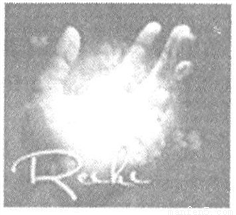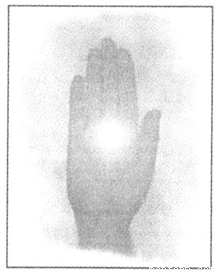题目内容
假如你叫李华,你校于4月27日组织了一次校园合唱节活动。请你根据以下要点,给你的美国笔友Jack写一封电子邮件,告诉他此次活动的有关情况。
1.活动的目的; 2.活动的时间、地点和方式; 3.你对本次活动的感悟
参考词汇:校园合唱节Campus Choral Festival
Dear Jack,
I am Li Hua, ...
____________________________________________________________________________________________________________________________________________________________________________________________________________________________________________________________________________________________________________________________________________________________________________________________________________________________________________________________________________________________________________________________________________________________________________________________________________________________________________________________________________________________________________________________________________________________________________________________________________________________
Sincerely Yours,
Li Hua




 ethods are very effective in the examples that they provide. However, there are some "everyday complaints" such as back pains, headaches, which are treated currently with medicine. When you have a headache, you take an Aspirin; when you cannot sleep, you take Xanax without thinking of the side effects of these. When you use these pills for a long period, you become dependent on them; you cannot sleep without them. We pay huge amounts of money but never get better. How about a safer and more economical way of healing? When doing Reiki to yourself, you do not need anything except your energy so it is very economical. Also, there are no side effects and it is scientifically explained.
ethods are very effective in the examples that they provide. However, there are some "everyday complaints" such as back pains, headaches, which are treated currently with medicine. When you have a headache, you take an Aspirin; when you cannot sleep, you take Xanax without thinking of the side effects of these. When you use these pills for a long period, you become dependent on them; you cannot sleep without them. We pay huge amounts of money but never get better. How about a safer and more economical way of healing? When doing Reiki to yourself, you do not need anything except your energy so it is very economical. Also, there are no side effects and it is scientifically explained. ig red tail-lights grew larger and larger and glowed more and more brightly. With a faint whistling ________, the car was gone in seconds, leaving Alice shaking her head in disbelief…
ig red tail-lights grew larger and larger and glowed more and more brightly. With a faint whistling ________, the car was gone in seconds, leaving Alice shaking her head in disbelief… see the girls there, as they knew they were not allowed to go to the park alone. Obviously the girls 8.(hear) strange noises and then decided to run as fast as they could to get away. While 9.(run), Susie fell over and could not get up.
see the girls there, as they knew they were not allowed to go to the park alone. Obviously the girls 8.(hear) strange noises and then decided to run as fast as they could to get away. While 9.(run), Susie fell over and could not get up.